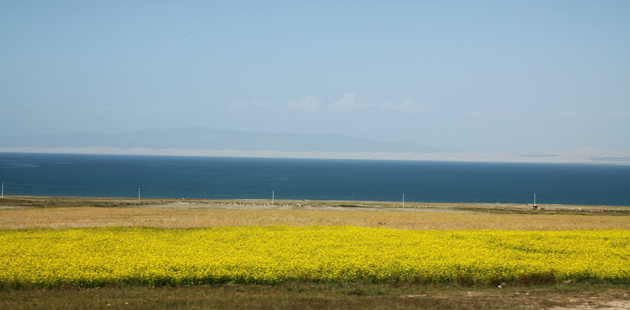BRICS hint at funds to fight new debt crises
Updated: 2011-09-24 09:40
By Walter Br and Imarte (China Daily)
|
|||||||||||
WASHINGTON - Major emerging nations on Sept 22 said they may lend money to the International Monetary Fund (IMF) or other global financial bodies to increase their firepower for fighting financial crises.
The commitment by the so-called BRICS nations Brazil, Russia, India, China and South Africa fell short of expectations for more direct support to debt-crippled European countries.
Finance ministers of the group, meeting on the sidelines of an IMF gathering in Washington, called on the G20 nations to act swiftly and decisively to ease the eurozone debt crisis, the same way they fought the global financial crisis in 2008.
The G20 group, which includes both emerging and developed economies, is the right forum for those discussions and should be strengthened, the ministers said.
Their call underscores growing concern in major emerging economies about the escalating economic crisis in the developed world.
It also highlights a dramatic change of fortune between the two groups of nations, with developing countries offering financial help that could be used to ease the economic crisis of the traditional powers.
Failure to act now could turn the eurozone's debt problems into another global financial crisis that would engulf emerging economies, warned Brazil's Finance Minister Guido Mantega.
"There is a risk that the sovereign debt crisis of some countries will become another financial crisis," Mantega told reporters at a joint news conference with other BRICS' finance ministers and central bank chiefs.
"We eased the 2008 crisis by fast and coordinated actions within the G20. We need to do the same now."
It is not clear how the BRICS countries could provide funds to multilateral institutions, nor how much money they plan to lend. Earlier this month, sources in the Brazilian government said Mantega would propose the group makes billions of dollars available to the IMF.
In a statement issued after the meeting, the ministers said financial support would depend on the circumstances of individual countries.
"There is (an) enormous amount of demand for resources at home for poverty reduction, so there is going to be big, big tension between giving money to a multilateral institution for the purpose of restoring global stability and meeting our own aspirations at home," said India's central bank governor Duvvuri Subbarao.
Direct financial support to troubled European countries, another idea floated by Brazilian officials in the past few days, was not discussed at the meeting, South Africa's Finance Minister Pravin Gordhan told Reuters in an interview.
That type of support, according to Brazilian sources, could come through the purchase of bonds jointly issued by eurozone members, so-called eurobonds.
But Russia shot down the idea.
"It's impossible, I am absolutely convinced about that," Deputy Finance Minister Sergei Storchak told reporters.
"Our state procedures do not allow for that. We don't have a mechanism (for that), not in Russia, not in China, not in India. We all have different ways of making decisions, we cannot syndicate our money."
Any financial contribution to the IMF would probably come with conditions. The BRICS would most likely take the opportunity to increase their voting power in the institution.
China's central bank chief Zhou Xiaochuan said any talks about giving the IMF more funds should include other countries beyond the BRICS, such as the Group of Seven nations.
Highlighting the growing role of the BRICS in the world, Zhou said major emerging markets should boost domestic demand to take up some of the slack caused by weakness in the United States and Europe.
Reuters
Related Stories
Debt crisis may cause more trade friction 2011-09-21 07:51
A different national debt downgrading 2011-09-03 10:42
The dilemma of holding US govt debt 2011-08-30 11:13
Face up to debt woes 2011-08-09 15:25
- Machinery production up 26.42% in first 8 months
- AmCham Shanghai calls for more engagement
- Govt sells low-rent housing equities to raise cash
- Citibank China expands to the west
- BRICS hint at funds to fight new debt crises
- 'Debt crises offer chances'
- Eco-cities are the key to conservation
- Alibaba attracts fund investment













